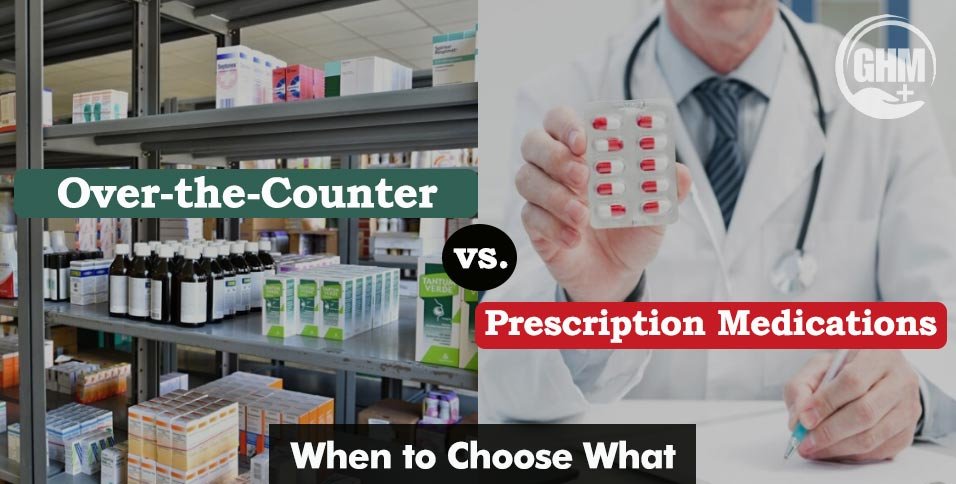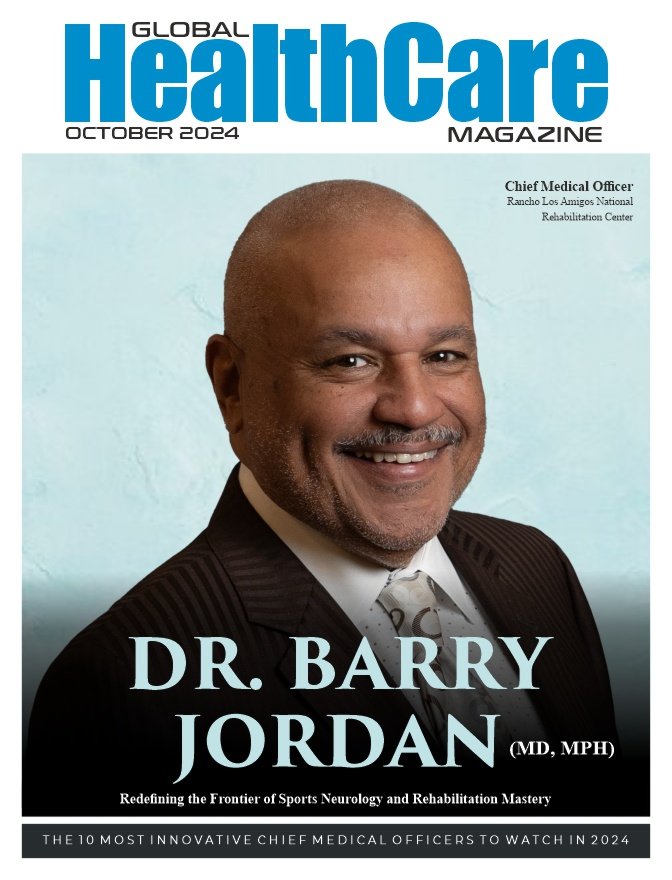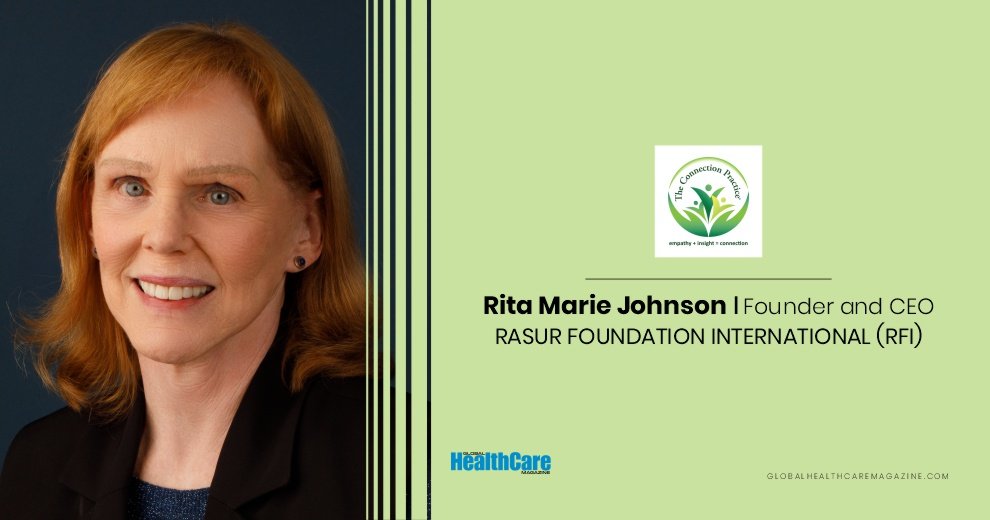In the world of healthcare, medication plays a pivotal role in maintaining and restoring health. Medications come in various forms, with over-the-counter (OTC) and prescription drugs being two primary categories. Understanding when to choose one over the other is vital for your well-being. In this article, we will delve into the differences between OTC and prescription medications, helping you make informed decisions about your healthcare.
What Are Over-the-Counter Medications?
Over-the-counter medications, often abbreviated as OTC, are drugs that are available without a prescription. These drugs are typically found on pharmacy shelves and can be purchased by consumers directly. They are considered safe and effective when used as directed.
When to Choose OTC Medications:
- Minor Ailments: OTC medications are suitable for treating common, self-diagnosable conditions such as headaches, allergies, or mild cold symptoms.
- Short-Term Relief: If you need temporary relief from a minor ailment, OTC drugs can provide quick and easy solutions.
- Low-Risk Conditions: OTC drugs are generally safe for individuals without underlying health concerns or allergies.
What Are Prescription Medications?
Prescription medications, on the other hand, are drugs that require a written order (prescription) from a licensed healthcare provider, such as a doctor or nurse practitioner. These drugs are typically more potent or have a higher risk of side effects and therefore require professional oversight.
When to Choose Prescription Medications:
- Complex or Chronic Conditions: If you have a chronic illness like diabetes, hypertension, or a severe infection, prescription medications may be necessary to manage these conditions effectively.
- Stronger Medications: Prescription drugs are often more potent and are reserved for conditions that require precise dosing and monitoring.
- Risk Factors: If you have underlying health issues, allergies, or are taking other medications, a healthcare provider can assess potential interactions and prescribe the safest treatment.
- Treatment Supervision: Some medications, such as antibiotics, require precise treatment courses to avoid drug resistance. A prescription ensures proper usage.
The Importance of Healthcare Provider Guidance
The key differentiator between OTC and prescription medications is the level of professional guidance and assessment. When a healthcare provider prescribes a medication, they take into account your medical history, potential interactions, and the most effective treatment for your condition. This personalized approach minimizes risks and maximizes therapeutic benefits.
While OTC medications offer convenience for minor ailments, it is essential to consult with a healthcare provider when:
- You are unsure about the appropriate treatment.
- Your symptoms persist or worsen.
- You are taking multiple medications.
- You have underlying health concerns.
Conclusion
choice between over-the-counter and prescription medications depends on the nature and severity of your condition. While OTC drugs are suitable for minor, self-limiting ailments, prescription medications are necessary for complex or chronic conditions that require professional oversight. Always consult with a healthcare provider to ensure you make the right choice for your health. Your well-being is too important to leave to chance.
Also Read: The Digital Revolution in Pharma: Empowering Patients and Transforming Healthcare



















